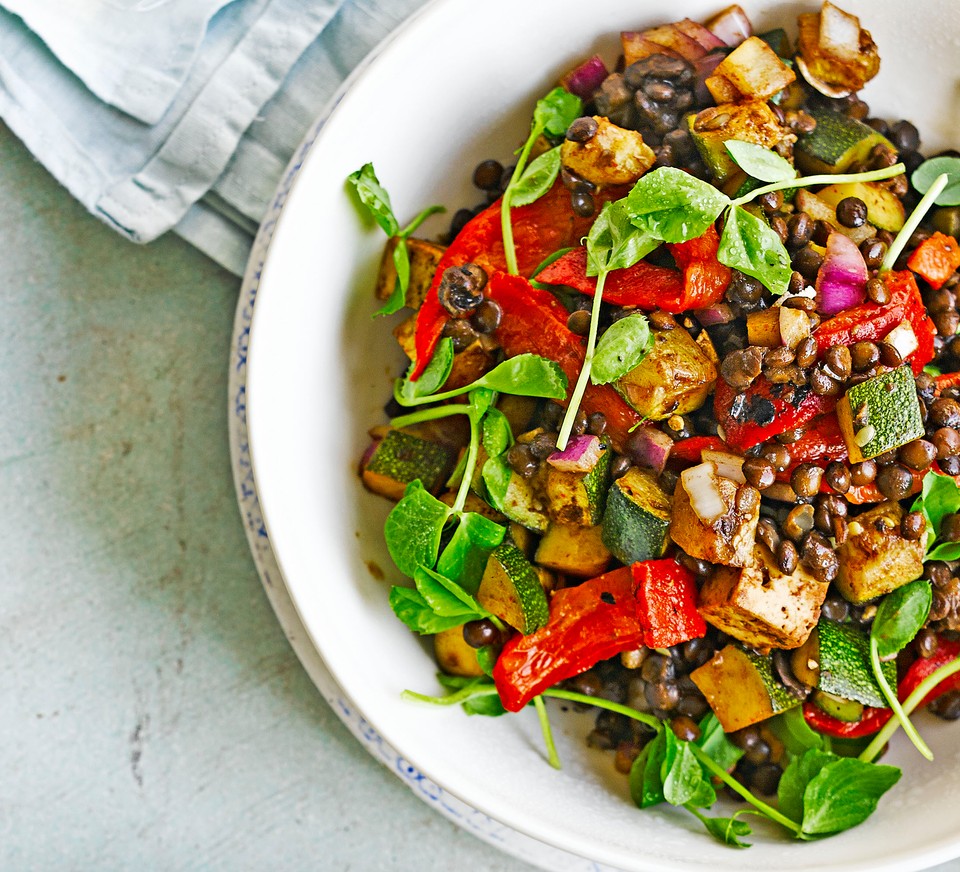Introduction
In today’s rapidly evolving world, the choices we make about our diets extend beyond personal health—they significantly impact the planet’s well-being. Embracing healthier and sustainable food choices is not merely a trend but a vital shift towards a more harmonious existence with our environment.
This approach emphasizes the consumption of whole, minimally processed foods, such as whole grains, legumes, and fresh produce, which are rich in essential nutrients and free from harmful additives.
By aligning our eating habits with sustainable practices, we not only enhance our health but also contribute to the preservation of natural resources, ensuring a thriving planet for future generations.
Related Read: Embracing Plant-Based Diets: A Path to Health and Sustainability
Embracing healthier and sustainable food choices is essential for enhancing personal well-being and preserving our planet’s resources. By focusing on plant-based alternatives, high-fiber vegetables, and innovative food products, we can positively impact both our health and the environment.
1. The Rise of Plant-Based Alternatives
- Environmental Impact:
Shifting to plant-based diets can substantially reduce greenhouse gas emissions, land use, and water consumption. Studies indicate that plant-based diets produce 75% less climate-heating emissions and utilize 75% less land compared to meat-rich diets. - Health Benefits:
Plant-based diets are linked to lower risks of chronic diseases, including heart disease and type 2 diabetes. They provide essential nutrients while reducing the intake of saturated fats found in animal products.
2. Incorporating High-Fiber Vegetables
- Nutritional Significance:
High-fiber vegetables promote digestive health, assist in weight management, and lower cholesterol levels. Fiber-rich diets are associated with reduced risks of heart disease and improved blood sugar control. - Practical Applications:
Including vegetables like beans, lentils, artichokes, and broccoli in daily meals can boost fiber intake. For example, adding lentils to salads or incorporating broccoli into stir-fries are simple ways to enhance dietary fiber.
3. Embracing Vegetable-Based Pastas
- Nutritional Advantages:
Vegetable-based pastas, such as those made from lentils or zucchini, offer higher fiber and protein content than traditional wheat pastas. They also provide additional vitamins and minerals inherent to the vegetables used. SELF - Culinary Versatility:
These pastas can be used in various dishes, from classic spaghetti to innovative salads, making it easier to incorporate more vegetables into your diet.
4. The Role of Food Innovation in Sustainable Diets
- Product Development:
Innovations like plant-based meat alternatives and fortified foods are making it easier for consumers to adopt sustainable diets without sacrificing taste or convenience. - Market Trends:
There’s a growing consumer demand for sustainable food options, prompting the food industry to invest in eco-friendly practices and products. This shift is leading to a broader availability of sustainable choices in the market.
5. Challenges and Considerations
- Nutrient Density:
While plant-based diets offer many benefits, it’s essential to ensure they provide adequate nutrients like vitamin B12, iron, and protein, which are abundant in animal products. Proper meal planning can address these concerns. PubMed Central - Consumer Awareness:
Educating consumers about the benefits and practicalities of sustainable eating is crucial. Understanding how to prepare plant-based meals and the environmental impact of food choices can empower individuals to make informed decisions.
By focusing on these aspects, individuals can make dietary choices that support both their health and the planet’s well-being.
Conclusion
Adopting healthier and more sustainable food choices is a pivotal step toward enhancing personal well-being and safeguarding our planet’s future.
By integrating plant-based alternatives, high-fiber vegetables, and innovative food products into our diets, we can significantly reduce the environmental footprint associated with food production.
Such dietary shifts not only promote individual health by lowering the risk of chronic diseases but also contribute to environmental conservation by reducing greenhouse gas emissions and conserving natural resources.
The journey toward sustainable eating is both a personal and collective endeavor, requiring informed choices and a commitment to change. As we align our eating habits with the principles of sustainability, we pave the way for a healthier population and a thriving planet.
Let us take proactive steps today, understanding that the food choices we make have profound implications for our health and the environment.

